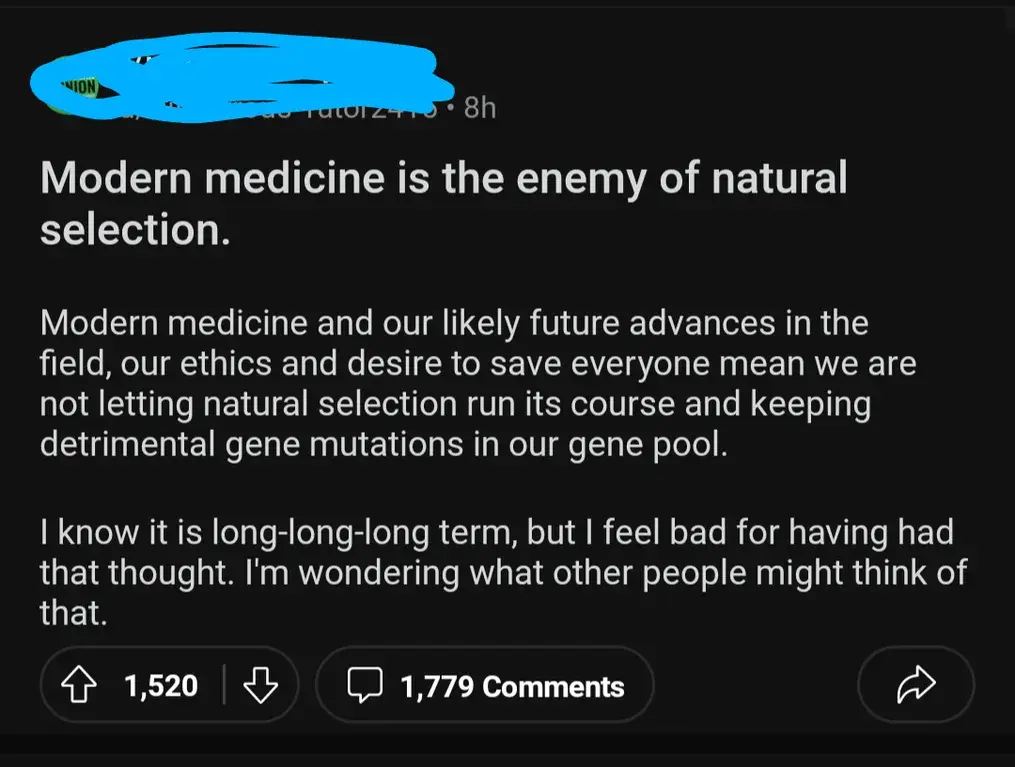the_dunk_tank
It's the dunk tank.
This is where you come to post big-brained hot takes by chuds, libs, or even fellow leftists, and tear them to itty-bitty pieces with precision dunkstrikes.
Rule 1: All posts must include links to the subject matter, and no identifying information should be redacted.
Rule 2: If your source is a reactionary website, please use archive.is instead of linking directly.
Rule 3: No sectarianism.
Rule 4: TERF/SWERFs Not Welcome
Rule 5: No ableism of any kind (that includes stuff like libt*rd)
Rule 6: Do not post fellow hexbears.
Rule 7: Do not individually target other instances' admins or moderators.
Rule 8: The subject of a post cannot be low hanging fruit, that is comments/posts made by a private person that have low amount of upvotes/likes/views. Comments/Posts made on other instances that are accessible from hexbear are an exception to this. Posts that do not meet this requirement can be posted to !shitreactionariessay@lemmygrad.ml
Rule 9: if you post ironic rage bait im going to make a personal visit to your house to make sure you never make this mistake again
view the rest of the comments

I'm not sure about that. Mutation is a random process, and natural selection is pretty random as well. I don't think there's anything inevitable about evolution, and the circumstances that determine if a trait is negative or favorable (for rapid procreation) are constantly changing.
The problem is entropy. You keep modifying parts of a machine and eventually it'll break. It is infinitely harder to keeps things working based on random changes than for it to break. It's like picking a random car part from a store and shoving it in your car regardless of make or model. The chance that it won't work is the majority. Unless something is necessary for an organisms survival, it is at risk of breaking. After that, the chance it will be fixed by another mutation is nil.
No it is not. It's imperfect but if natural selection was random then evolution would be a farce.